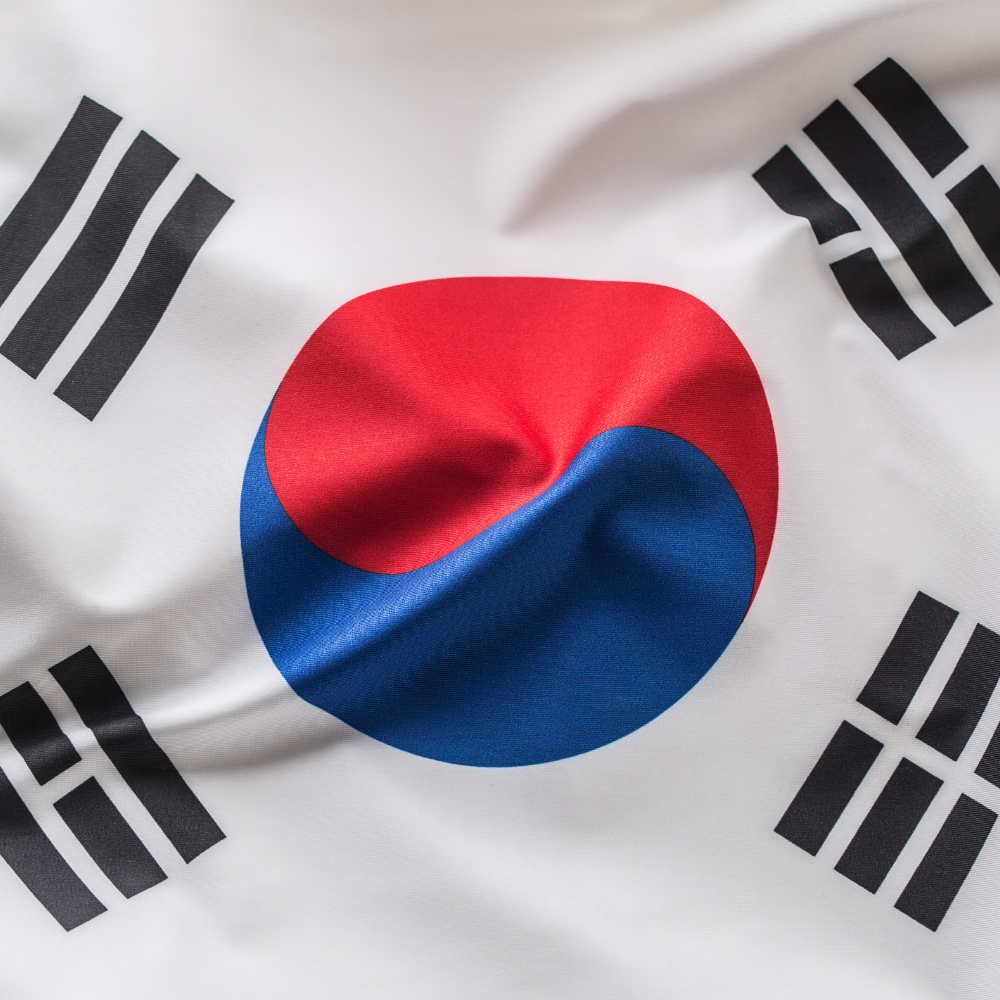South Korea president faces travel ban over martial law attempt
South Korean authorities have imposed a travel ban on President Yoon Suk Yeol as investigations into his brief declaration of martial law intensify. The controversial move, enacted last Tuesday and swiftly rescinded, has sparked political turmoil and mass protests, with opposition leaders and citizens demanding his resignation or impeachment.
Over the weekend, President Yoon narrowly survived an impeachment motion. Members of his ruling People Power Party (PPP) boycotted the vote after Yoon agreed to shorten his presidential term and refrain from participating in foreign and domestic affairs. The PPP’s decision has drawn sharp criticism from the opposition Democratic Party, which holds a parliamentary majority. Democratic Party floor leader Park Chan-dae denounced the agreement as “an illegal, unconstitutional second insurrection and a second coup.”
Since the controversial martial law order was declared, tens of thousands of protesters have flooded the streets, expressing outrage and demanding accountability for what many view as a grave assault on South Korea’s democratic principles. Demonstrators have called for immediate consequences, including resignations and legal actions against those involved.
Although President Yoon Suk Yeol survived an impeachment attempt, the fallout has been significant. Former Defence Minister Kim Yong-hyun, who is believed to have proposed the martial law order, was arrested on Sunday after stepping down earlier in the week and issuing a public apology for his role in the crisis. In addition to Kim, travel bans have been imposed on several high-ranking officials, including Defence Counterintelligence Commander Yeo In-hyung and Army Chief of Staff Park An-su. These measures reflect growing efforts to hold individuals accountable for their actions.
Meanwhile, other prominent figures have resigned in the wake of the incident. Former Interior Minister Lee Sang-min stepped down on Sunday, taking responsibility for failing to “serve the public and the president well.” Senior aides from Yoon’s office, including his chief of staff, also tendered mass resignations soon after the martial law order was rescinded, further highlighting the widespread impact of the controversial decree.
In a statement on Sunday, PPP leader Han Dong-hoon announced that Prime Minister Han Duck-soo would manage government affairs until Yoon’s early resignation. Han emphasized that Yoon would abstain from state affairs, including diplomacy, during this transitional period. However, Democratic Party leaders have condemned the plan as unconstitutional. They argue that the PPP lacks the authority to reassign presidential powers and claim that the arrangement undermines the democratic framework.
Critics also point out that Yoon retains command of the armed forces, allowing him to reassume authority over national security matters at any time. This has fueled concerns that the president could reassert control, particularly in the event of escalating tensions with North Korea. Political analysts warn that the lack of clear constitutional guidelines on such a scenario leaves room for uncertainty.
President Yoon issued a public apology on Saturday, his first appearance since the martial law declaration. He pledged not to reimpose martial law and expressed regret for the “anxiety and inconvenience” caused by his actions. However, opposition leaders remain resolute in their efforts to impeach him. Democratic Party leader Lee Jae-myung vowed to hold weekly impeachment votes until Yoon steps down, urging him to resign immediately to restore stability to South Korea’s democracy and economy.









